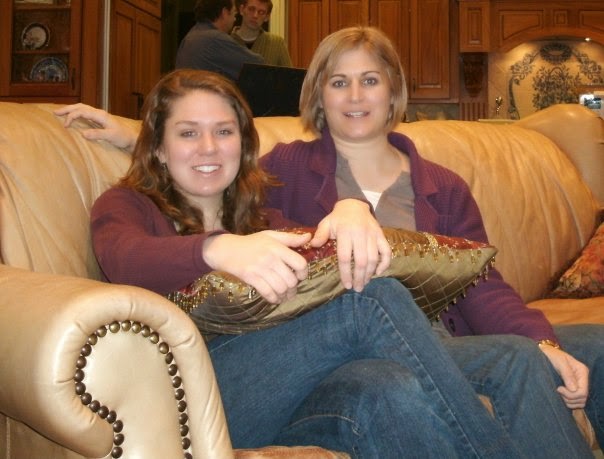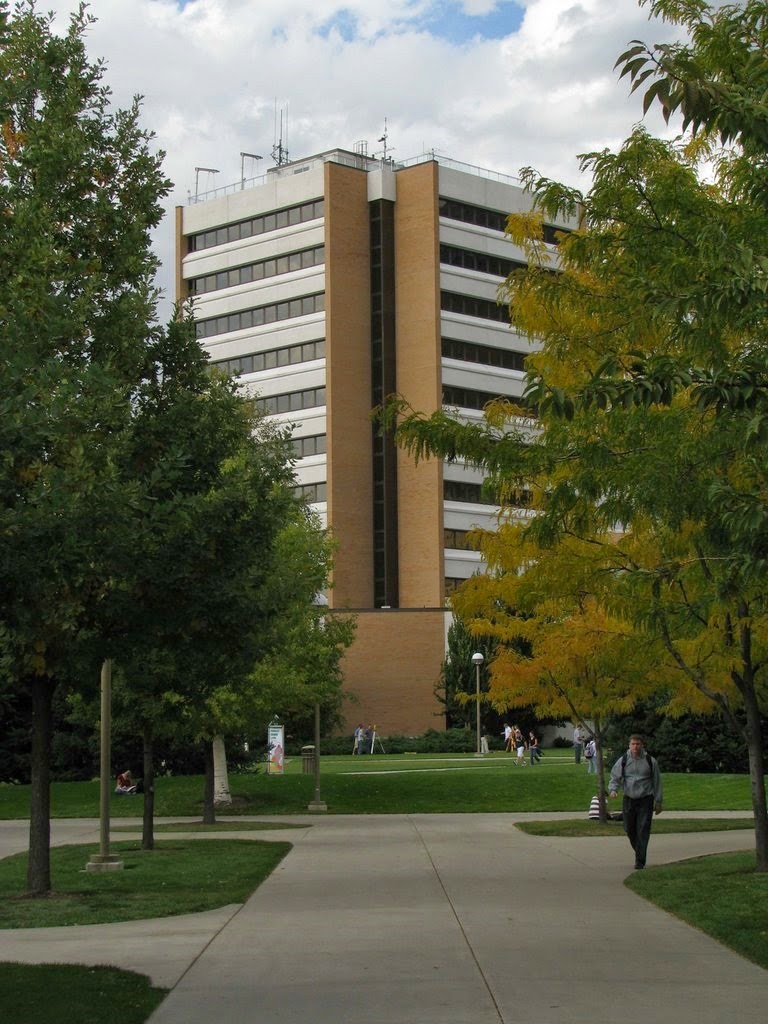by Rachael Bakaitis
 |
| Rachael as a missionary in the Trujillo Peru Mission, 2009 with friend Luz Nancy Church of Jesus Christ of Latter-day Saints |
We first met Maria because we were looking for someone to do
our laundry. I was a brand new 21 year-old greenie missionary for the Church of
Jesus Christ of Latter-day Saints and my trainer and I were opening a new area.
In my Peruvian mission we didn’t do our own laundry because of the time it took
to do it by hand in a country where washing machines were not main-stream and
you could hire someone else to do it for very little. We asked the bishop who
in the area lived close to where we rented and who would benefit from a little
extra income. He suggested Sister Maria.
Maria lived just across the courtyard from us. When we first
went over to visit she let us in whole-heartedly. “Oh! What a blessing it is to
have missionaries again in this house!” We started to ask some friendly
questions to get to know Sister Maria a little better. She was born and raised
in the church and was still very active. She got married at age 18 to a
returned missionary. She showed us a wedding picture and a picture of her
husband as an AP with his mission president. She had four sons, all active in
the church. She was struggling financially to keep up with the demands of a
large family after her husband’s recent business venture had failed. She seemed
to live the sugar-coated LDS life, with a small hardship mixed in. We decided
that the money we would pay her to wash our laundry each week could help her,
and so we gave her the job. As a missionary of only one week’s experience in
the field, little did I know that that was not the only thing she needed.
Little did I know that that was not the only way we would help her.
It wasn’t long, after interacting with her twice a week for
laundry pick-up and delivery, that she gained the trust to confide more in us.
We soon learned that she was experiencing much more than just financial
hardship. Her husband had been in a long-term affair. She was deciding if she
should stay with him or leave him. On top of that, he was physically abusive to
her and she had bruises to prove it. “Sisters, I know that you were set apart
as representatives of Jesus Christ. I am grateful to have you in my house so
often and am grateful I have someone to talk to.” She explained that she tried
to talk to her bishop but felt that he favored her husband. She needed a woman
to talk to. We listened and gave her the best council we could. I started to
learn that the Holy Ghost really was there to help me teach and counsel in my
role as missionary. My companion and I, even with my limited language
abilities, felt inspired in the counsel we were able to give in every
conversation we had with Maria.
Maria's desire for the counsel of a woman leader was
not rare. I soon learned that, at least where I served my mission, it was common
for sisters to pull us aside privately after church to ask, “Missionaries,
pleeeeeaaaaase, can you stop by my house this afternoon?” We tried our best to
come, even with our busy schedules. We heard about abusive husbands and
boyfriends, disobedient children, problems with communication with the bishop,
young women deciding if they should serve missions, hurt feelings because of
gossip, financial difficulties, children in prison, women deciding if they
should say yes to a marriage proposal, alcoholism, absent fathers, feelings of impotence
towards church service, pregnancy out of wedlock, suicide attempts. So many
things! “What a blessing to have SISTERS in this area!” was such a common thing
to hear. One terminally ill sister requested that we come just to sing hymns to
her. She could not talk or communicate, but she too greatly felt the need of
some kind of interaction with a woman during a difficult time. One day she
requested an urgent visit from us. That was our last visit. She passed away as
we finished the last line of the hymn “Jesus, Once of Humble Birth.”
I am thankful that I not only taught the gospel to those who
did not have it, but I was also able to be available to many women in the
church who felt like they had no one to turn to. I am also thankful for the
power and guidance my Heavenly Father gave me when counseling these sisters.
 |
| Rachael and cousin Heather, 2012 Draper, Utah |
Besides sister missionaries, the LDS church organization has
another program in place that can help God manifest His power through His
daughters on this earth. I believe that Visiting Teachers can play an effective
role. The problem is that often they do not visit as assigned or do not always
have the trust of the sisters they visit. Gossip can also be very damaging for
sisters. Most of the sisters who requested our visits said that they did not
have or know their visiting teachers or did not feel comfortable sharing things
with those individuals assigned to them for whatever reason. This year’s
general women’s session focused on the need for us, as women, to be united. I
encourage all sisters to find ways to fulfill this counsel through visiting
teaching.
 |
| Women's Temple Trip, 2009 Nauvoo, IL |
On my mission, members would joke that we had the
“mujerdocio”, a word combining the Spanish word for woman ,“mujer,” with the
word for priesthood: “sacerdocio”. It was said lightheartedly but with some
truth. Maybe there isn’t a word for it, but I think most members of the church
can agree that there is something special that sisters hold. It’s more than
what is commonly called “being a wife and mother”. No, it’s a power ALL
faithful women hold. (I am neither a wife nor mother. While I feel that wives
and mothers pull from this power to fulfill these amazing roles, by saying that
those are a woman’s special callings, comparable to priesthood for men, we are
ignoring a large segment of the LDS female membership). I found that power
within me as a missionary, but, even though I have been released from that
calling, I still feel that same confidence and strength within me. I also now
can recognize that I had it even before my mission. Sisters that are reading
this, find this power within you. It is there. Is it priesthood? Is it some
sort of special ‘nurturing’ power? Is it the ‘Mujerdocio’? Or does it matter
what we call it? Sadly, I have seen many members of the church who do not
appreciate its potential. I have had brethren
treat me as if I were not an equal and exclude me from opportunities to lead. I
have known sisters who have taken a back-seat in their own spiritual
development.
 |
| Mother Peggy, daughters-in-law Megan and Rena, daughter Marlene 2004, Allen Park, Michigan |
It can be frustrating
realizing that there is not a lot of canonized scripture directly addressing
the special role women play within the gospel of Jesus Christ. I know we talk a
lot about it in Relief Society (the LDS church’s organization for women), but
as for scripture, I always am hungry for more than what’s available. Because of
that I, along with many women who may be reading this, can often feel lost
within the gospel. “They say I’m special, but HOW am I special? I certainly am
not treated that way!” I have found myself thinking many times. All I can say
for sure at this time is that I do have a special kind of power. Those that
treat me as a lesser person because of my gender are wrong. God wants me to
develop the power he has instilled in me to serve his children here on earth.
This is my testimony of the power of a woman.
 |
| Megan and daughter Rachael, 2007 Parklands Nature Preserve, IL |
 |
| Chelsea and Mother Megan 2010 Bountiful, Utah |







